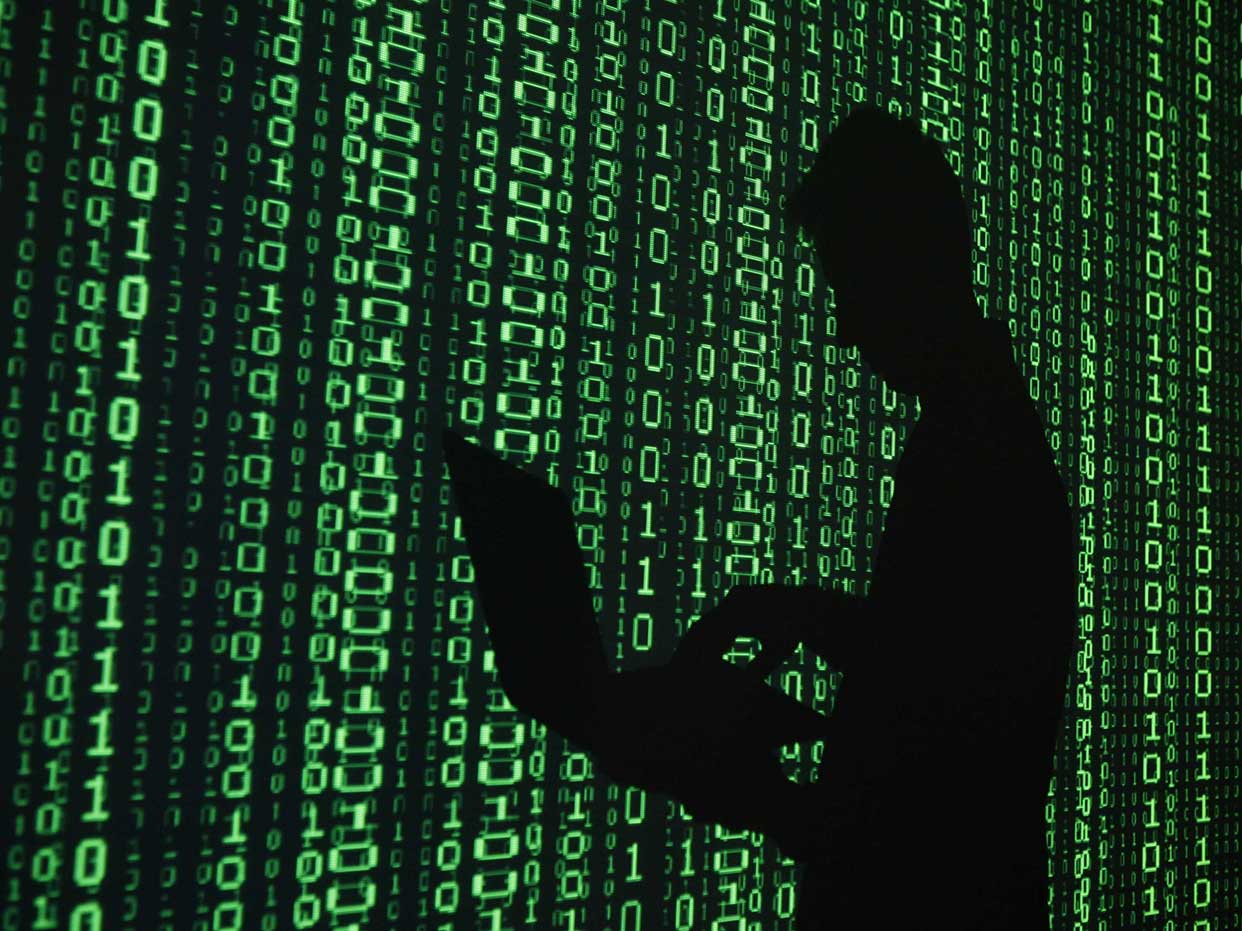How Britain’s fake news ‘spy’ unit will operate
New national security outfit will be tasked with stopping ‘disinformation by state actors’

A free daily email with the biggest news stories of the day – and the best features from TheWeek.com
You are now subscribed
Your newsletter sign-up was successful
The Government is planning to launch a national security communications unit to combat “disinformation by state actors and others”, or “fake news”, Downing Street has announced.
The fake news “spy” unit will deal with security-related communications and is expected to overlap with a “rapid response unit”, a proposed Cabinet Office-based outfit that will be tasked with stopping the spread of fake news online, The Times reports. The spy team will be staffed with existing experts and will also use external professionals, although resources could be limited, the newspaper adds.
The unit is expected to be headed by the Cabinet Office, and has the backing of Sir Mark Sedwill, the National Security Adviser. There is no information yet on where it will be based, or who will be on the team, but Defence Secretary Gavin Williamson is to provide details to Parliament within the next few days, according to Business Insider.
The Week
Escape your echo chamber. Get the facts behind the news, plus analysis from multiple perspectives.

Sign up for The Week's Free Newsletters
From our morning news briefing to a weekly Good News Newsletter, get the best of The Week delivered directly to your inbox.
From our morning news briefing to a weekly Good News Newsletter, get the best of The Week delivered directly to your inbox.
Inevitiably, the announcement was met with jokes by some commentators, including Lib Dem MP Tim Farron, a staunch Remain supporter, who said he looked forward to the investigation into Boris Johnson, Michael Gove and David Davis for misleading British voters on Brexit. The Daily Mirror took the opportunity to point out seven of the most notable instances where the Tories have been accused of peddling fake news - including Johnson’s NHS bus sign.
Others wondered whether the move appears to confirm that Russia played a role during the EU referendum, The Spectator says. Fake news - a favourite phrase of US President Donald Trump - refers to information, photos or videos that are deliberately incorrect or misleading and that can spread confusion or misinformation. Examples include the alleged tweets by Russian trolls during the US election, Catalonia referendum and Brexit vote.
The Downing Street initiative also raises questions about privacy and the remit of the new security unit.
In 2017, the Czech government set up the Centre Against Terrorism and Hybrid Threats, a 20-plus-person unit in the country’s Interior Ministry that is tasked with debunking fake news, The Atlantic reports. The unit runs a Twitter account that “pushes back” against fake news, though beyond that its mission and methods are unclear.
A free daily email with the biggest news stories of the day – and the best features from TheWeek.com
“Opponents, including those who work for alternative news sites, call it an instrument of government censorship,” the magazine adds.